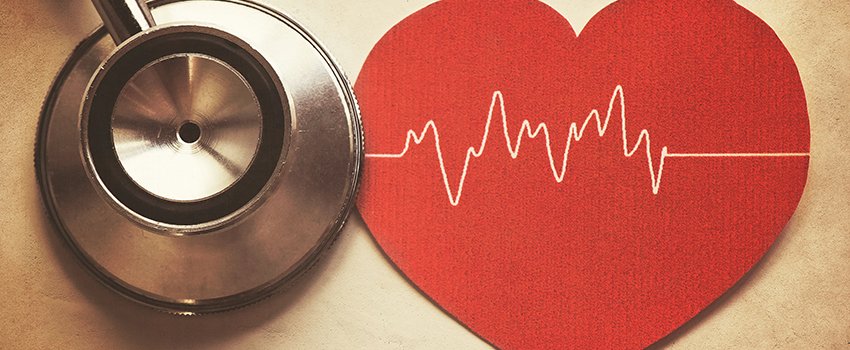
If you think smoking only affects the health of your lungs, think again. Smoking can also damage your heart and blood vessels, which can, then, lead to heart disease.
Currently, heart disease is the leading cause of death among people living in the United States. During American Heart Month this February, our team at AFC Urgent Care Athens, TN wants you to know how smoking can affect your heart health, as well as steps you can take to quit.
How Does Smoking Affect Your Heart?
The chemicals from cigarettes (and even cigars and pipes) can take a toll on both your heart and arteries. With each cigarette you smoke, your chance of experiencing heart disease goes up.
In fact, about one in every five deaths associated with heart disease can be attributed to smoking. Smoking negatively impacts the heart in a number of ways.
Ways Smoking Hurts the Heart
- Damages blood cells
- Damages the function of the heart
- Damages the structure and function of blood vessels
- Increases the risk of plaque buildup
- Increases heart rate
How Does Quitting Smoking Affect Your Heart Health?
Quitting today can make an almost immediate difference in your heart health. Twenty minutes after smoking your last cigarette, your heart rate drops. Twelve hours after smoking cessation, the level of carbon monoxide in your blood drops to a normal range.
After one year, your risk of heart disease is cut in half compared with a smoker’s. After 15 years, your risk of heart disease is the same as a nonsmoker’s.
Ways to Quit Smoking
- Find your motivation for quitting.
- Determine a strategy for quitting.
- Consider nicotine replacement therapy.
- Lean on loved ones.
- Avoid alcohol and other triggers that might cause you to smoke.
- Find a different, healthy coping mechanism to take the place of smoking.
Have concerns about your health? Visit our medical team at AFC Urgent Care Athens, TN today.


